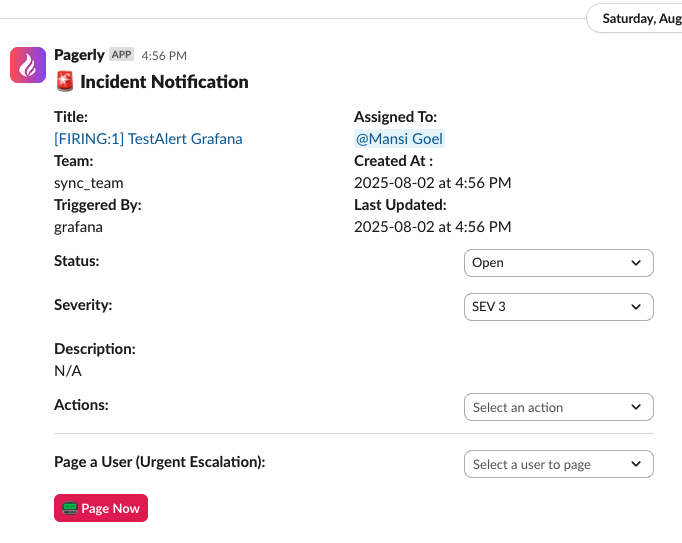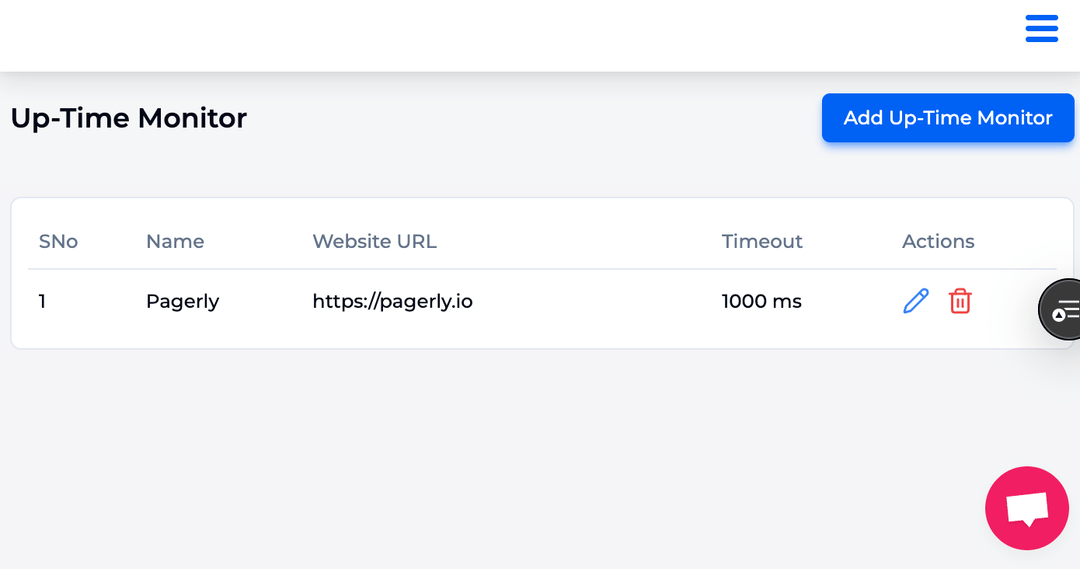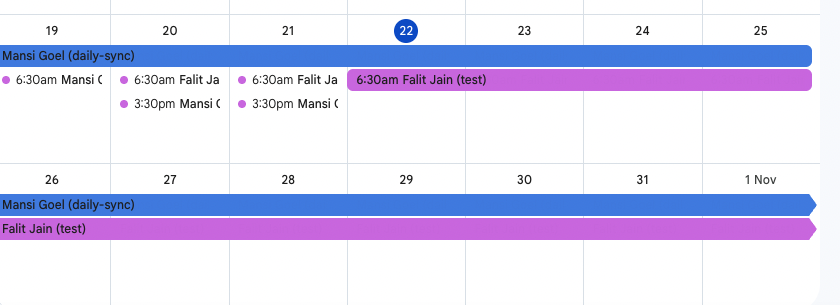
Every business today is a digital business. Whether you’re a SaaS platform, an e-commerce store, or a cloud service provider, your uptime is directly linked to customer trust and revenue. A single minute of downtime can cost companies thousands — sometimes millions — in lost revenue and reputation.
That’s why incident management platforms are critical. They ensure that when something breaks, the right people are notified instantly, the issue is resolved quickly, and customers are kept in the loop through status pages and communication tools.
For years, PagerDuty has been the dominant player in this space. But in 2025, teams across the globe are searching for better PagerDuty alternatives. The reasons are clear: high costs, complexity, and a growing need for user-friendly, cost-effective, and flexible solutions.
Among all the options, Pagerly is emerging as the best alternative to PagerDuty. It’s faster, cheaper (up to 80% cost savings), and built for modern DevOps and IT teams.
In this guide, we’ll go deep into:
PagerDuty is powerful, but teams increasingly find themselves asking: “Do we really need to pay this much?”
Here are the main pain points:
When evaluating alternatives, these are the non-negotiable features:
Let’s look at the main alternatives businesses consider:
Pagerly stands out because it balances affordability, usability, and power.
Pagerly’s transparent pricing ensures businesses save up to 80% compared to PagerDuty.
A SaaS startup with 15 engineers was spending $2,500/month on PagerDuty. Their main needs:
They switched to Pagerly and reduced costs to $500/month — saving 80%. Their incident response times dropped by 30%, thanks to a simpler UI and integrated status pages.
A Fortune 500 company was using PagerDuty across multiple departments. Pain points:
After a pilot with Pagerly, they migrated 500 users. Results:
FeaturePagerDutyOpsgenieGrafana OnCallPagerlyOn-Call Scheduling✅✅✅✅ (simpler)Escalation Policies✅✅Limited✅ FlexibleStatus PagesPaid❌❌✅ Built-InMicrosoft Teams Support✅Limited❌✅ NativePricing$$$$$Free💰 80% cheaperFree Plan❌✅✅✅ YesMobile App✅✅❌✅ ModernOpen APIs✅✅Limited✅ YesBest ForEnterprisesAtlassian usersGrafana usersAll teams
Q1: What is the best free PagerDuty alternative?
Pagerly offers a free plan with essential features like on-call scheduling and real-time alerts. Grafana OnCall is another open-source option.
Q2: How does Pagerly save 80% compared to PagerDuty?
Pagerly bundles features (like status pages) that PagerDuty charges extra for, and scales pricing fairly for small teams and large enterprises.
Q3: Can Pagerly handle enterprise-level needs?
Yes. Pagerly’s enterprise plan supports machine learning insights, advanced reporting, open APIs, and compliance requirements.
Q4: Which is better for Atlassian users — Opsgenie or Pagerly?
If you’re heavily tied into Jira/Confluence, Opsgenie is a good fit. For broader DevOps teams looking for cost savings, Pagerly is superior.
Q5: Does Pagerly integrate with Microsoft Teams?
Yes. Pagerly has native Microsoft Teams integration, unlike many open-source or mid-tier alternatives.
The next decade will demand:
Pagerly is already ahead in all these areas, making it the ideal long-term alternative to PagerDuty.
PagerDuty paved the way for modern incident management, but in 2025, it no longer matches the specific needs of cost-conscious, agile teams.
Pagerly combines:
👉 Whether you’re a startup with budget constraints or a global enterprise needing robust features, Pagerly is the best PagerDuty alternative in 2025.
Start your free trial of Pagerly today and transform your incident management workflows into a faster, cheaper, and smarter system.

